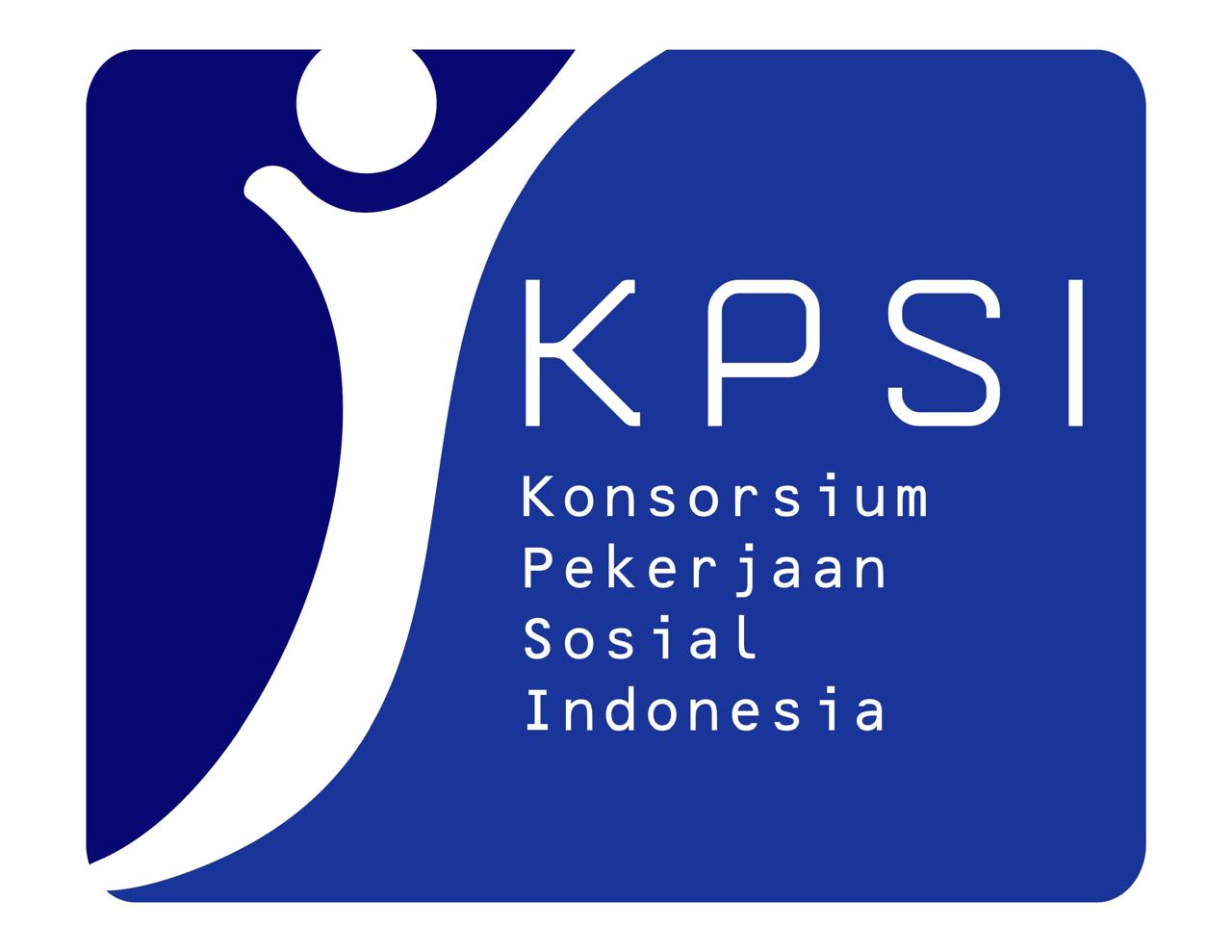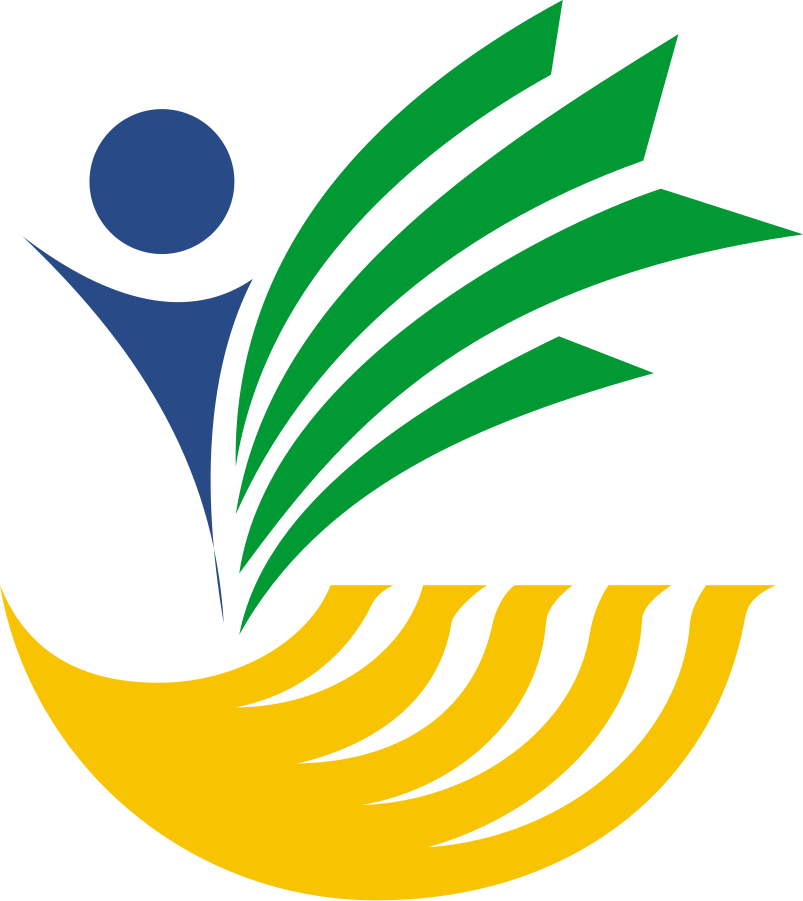The Occupational Wellness Concerns and Self-Care Strategies of Filipino Medical Social Workers During The COVID-19 Pandemic
DOI:
https://doi.org/10.58671/aswj.v11i2.44Keywords:
Medical social work, occupational wellness concerns, professional self-care, COVID-19, PhilippinesAbstract
Given the intense demands imposed on medical social workers (MSWs) during the COVID-19 pandemic, they are vulnerable to developing occupational wellness concerns (OWCs): physical, social, emotional, mental, or spiritual issues caused by work-related factors. OWCs adversely affect the occupational wellness of the worker and the quality of service given to clients. One approach to reduce OWCs is professional self-care. This study explored the experiences of Filipino MSWs during the pandemic, the OWCs experienced, their self-care strategies, and their impact on professional practice. Face-to-face, Zoom, and email interviews were conducted with 10 MSWs who were part of the skeletal workforce of four (4) hospitals in Metro Manila. The findings showed that OWCs were caused by their commitment to professional duty, intense workload, and health and safety risks. This resulted in conflict with coworkers, desire to quit work, undesirable work attitudes, unhealthy habits, and disruption in the quality of service provision. Meanwhile, professional self-care led to enhanced work performance, improved relations with coworkers and clients, enhanced cognitive ability, increased self-awareness, and acted as a first aid response to combat OWCs. Insights on hospital limitations, supportive mechanisms, social work as an undervalued versus satisfying profession, motivation, and professionalism during the pandemic were also documented.
References
Ashcroft, R., Sur, D., Greenblatt, A., and Donahue, P. (2021, July 27). The impact of the COVID-19 pandemic on social workers at the frontline: A survey of Canadian social workers. The British Journal of Social Work. https://doi.org/10.1093/bjsw/bcab158
Banks, S., Cai, T., de Jonge, E., Shears, J., Shum, M., Sobočan, A., Strom, K., Truell, R., Úriz, M., and Weinberg, M. (2020, June 29). Ethical challenges for social workers during COVID-19: A global perspective. International Federation of Social Workers. https://www.ifsw.org/wp-content/uploads/2020/07/2020-06-30-Ethical-Challenges-Covid1 9-FINAL.pdf
Bressi, S. and Vaden, E. (2017, January 25). Reconsidering self care. Clinical Social Work Journal, 45(1), 33-38. https://repository.brynmawr.edu/gsswsr_pubs/69/
Canadian Medical Association. (2020, December 8). Compassion fatigue: Signs, symptoms, and how to cope. https://www.cma.ca/physician-wellness-hub/content/compassion-fatigue
Carranza, S. and Castillo, C. (2022). Self care and burn-out among child welfare workers during the coronavirus pandemic [Graduate thesis, California State University San Bernardino.]. CSUSB ScholarWorks. https://scholarworks.lib.csusb.edu/etd/1325
Denne, E., Stevenson, M., and Petty, T. (2019, June 11). Understanding how social worker compassion fatigue and years of experience shape custodial decisions. Science Direct. https://doi.org/10.1016/j.chiabu.2019.104036
Dima, G., Schmitz, L., and Simon, M. (2021). Job stress and burn-out among social workers in the VUCA world of COVID-19 pandemic. Sustainability, 13. https://doi.org/10.3390/su13137109
Downing, K., Brackett, M., and Riddick, D. (2021). Self-care management 101: Strategies for social workers and other frontline responders during the COVID-19 pandemic in rural communities. Journal of Human Behavior in the Social Environment, 31(1-4), 353-361. https://www.tandfonline.com/doi/full/10.1080/10911359.2020.1825265
Ebimgbo, S. (2019, February). Interviewing and counseling as social work tools. Social work in Nigeria: Book of readings. Research Gate. https://www.researchgate.net/publication/330926635_Interviewing_and_Counseling_as_Social_Work_Tools
Global Social Service Workforce Alliance, UNICEF, International Federation of Social Workers, Alliance for Child Protection in Humanitarian Action. (2020). Social service workforce safety and wellbeing during the COVID-19 response - Recommended actions. Global Social Services Workforce Alliance. https://www.socialserviceworkforce.org/resources/social-service-workforce-safety-and-wellbeing-during-covid-19-response-recommended-actions
Global social work statement of ethical principles. (2018, July 2). IFSW. https://www.ifsw.org/global-social-work-statement-of-ethical-principles/
Holmes, M., Rentrope, C., Korsch-Williams, A., and King, J. (2021). Impact of COVID‑19 pandemic on posttraumatic stress, grief, burn-out, and secondary trauma of social workers in the United States. Clinical Social Work Journal, 49, 495–504. https://link.springer.com/content/pdf/10.1007/s10615-021-00795-y.pdf
Kahambing, J. (2021). Psychosocial wellbeing and stress coping strategies during COVID-19 of social workers in Southern Leyte, Philippines. Asian Journal of Psychiatry, 62. https://www.sciencedirect.com/science/article/pii/S1876201821001891?via%3Dihub
Kong S., Noone, C., and Shears, J. (2021). Social Workers’ Sensual Bodies during COVID-19: The Suspended, Displaced and Reconstituted Body in Social Work Practice. The British Journal of Social Work. https://www.ncbi.nlm.nih.gov/pmc/articles/PMC8689903/
Lee, J., and Miller, S. (2013). A self-care framework for social workers: Building a strong foundation for practice. Families in Society: The Journal of Contemporary Social Services, 94(2), 96-103. https://doi.org/10.1606/1044-3894.4289
Lynch, A. (2021). The resulting mental health pandemic from COVID-19: Research and resources for social workers. VCU Scholars Compass. https://scholarscompass.vcu.edu/socialwork_student/3
Maguire, M. and Delahunt, B. (2017). Doing a thematic analysis: A practical, step-by-step guide for learning and teaching scholars. All Ireland Journal of Higher Education, 9(3). https://ojs.aishe.org/index.php/aishe-j/article/view/335
McGarry, S.,, Jackson, K.,. (2020). Guidance for medical social workers; Responding to COVID-19 pandemic. HRB National Drugs Library. sandalcohol.ie/32879/
Miller, J. and Cassar, J. (2021). Self-care among healthcare social workers: The impact of COVID-19. Social Work in Health Care, 60(1), 30-48. https://www.tandfonline.com/doi/abs/10.1080/00981389.2021.1885560?journalCode=ws hc20
Miller, J., Lianekhammy, J., Pope, N., Lee, J., and Grise-Owens, E. (2017). Self-care among healthcare social workers: An exploratory study. Social Work in Health Care, 56(10), 865-883. https://www.tandfonline.com/doi/abs/10.1080/00981389.2017.1371100?journalCode=ws hc20
National Association of Social Workers. (2021). 2021 amendments to the NASW code of ethics: Self-care and cultural competence. https://www.socialworkers.org/LinkClick.aspx?fileticket=UyXb_VQ35QA%3D&portalid=0
Orpustan-Love, D. (2014). The unintentional harm of compassion fatigue. Academic Exchange Quarterly, 18(2). http://rapidintellect.com/AEQweb/5430v4.pdf
Parra, P. (2021). Impact of COVID-19 on future social workers in the areas of secondary traumatic stress, role conflict, supervision, and colleague support. California State University. https://scholarworks.calstate.edu/concern/theses/7s75dj492
Peinado, M. and Anderson, K. (2020). Reducing social worker burn-out during COVID-19. International Social Work, 63(6), 757–760. https://doi.org/10.1177/0020872820962196
Piercy, L. (2020, September 8). New UK social work study zeros in on self-care during COVID-19. University of Kentucky. https://uknow.uky.edu/research/new-uk-social-work-study-zeros-self-care-during-covid-19
Sina-on, G., Cometa-Lamberte, H., and Camba-Jontarciego, D. (2022). An exploratory study on the challenges encountered and strategies employed by the Philippine child caring agencies amidst COVID-19: Social work administration in the new normal. ASEAN Social Work Journal, 10(2, December). https://doi.org/10.58671/aswj.v10i2.12
University of Durham and British Association of Social Workers. (2021, May). Research report – Social work during COVID-19: Learning for the future. British Association of Social Workers. https://www.basw.co.uk/system/files/resources/social-work-during-covid-19.pdf
Downloads
Published
How to Cite
Issue
Section
License
Copyright (c) 2023 Patricia Marie Imperial, Veronique Ann Claire A. Abes A. Abes, Michael John Ronquillo, Mari Allana Corazon Vilegas

This work is licensed under a Creative Commons Attribution-NonCommercial-ShareAlike 4.0 International License.
































